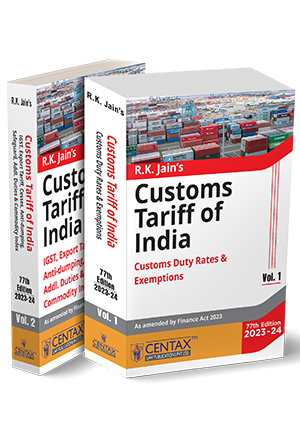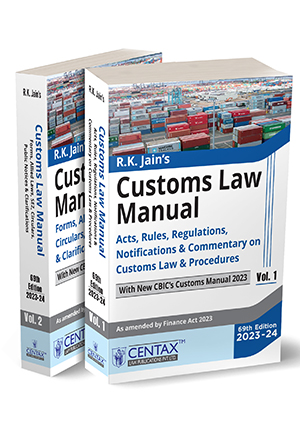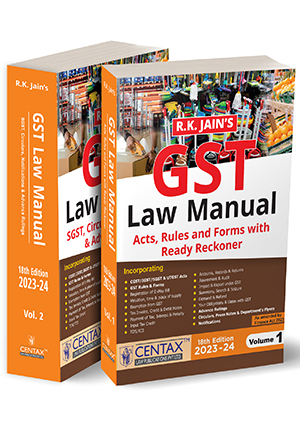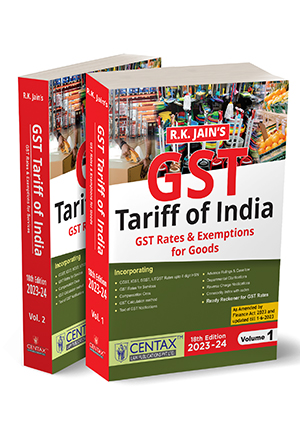[Opinion] Can a Society or a Cooperative Society be a Member of a Company?
- News|Blog|Company Law|
- 2 Min Read
- By Taxmann
- |
- Last Updated on 25 June, 2024

1. Introduction
It has been an issue in the discussion of corporate professionals whether a Society registered under the Societies Registration Act 1860 or a Cooperative Society registered under the relevant law meant for Cooperative Societies can become a member of a company. Many companies have admitted the Societies as their members based on views provided by their advisors that a Society can become a member of the company. However, it is imperative to take an intense look into the issue without getting swayed by such recorded views.
2. What does the Law say about Membership?
2.1. Definition of a Member
Section (2)(55) of the Companies Act, 2013 has laid down the definition of the term member as follows:
“(55) “member”, in relation to a company, means—
(i) the subscriber to the memorandum of the company who shall be deemed to have agreed to become a member of the company, and on its registration, shall be entered as a member in its register of members;
(ii) every other person who agrees in writing to become a member of the company and whose name is entered in the register of members of the company;
(iii) every person holding shares of the company and whose name is entered as a beneficial owner in the records of a depository.”
In each of the three categories, the pivotal term is ‘person’. As per the definition, the fundamental criterion for membership eligibility is that one must qualify as a ‘person’. Put differently, membership is restricted to individuals who are considered persons.
In the Companies Act 2013 no definition of the word ‘person’ is provided. However, in section 3(42) of the General Clauses Act, 1897, it is provided that expression ‘person’ includes ‘any company or association or body of individuals, whether incorporated or not.’
Click Here To Read The Full Article
Disclaimer: The content/information published on the website is only for general information of the user and shall not be construed as legal advice. While the Taxmann has exercised reasonable efforts to ensure the veracity of information/content published, Taxmann shall be under no liability in any manner whatsoever for incorrect information, if any.

Taxmann Publications has a dedicated in-house Research & Editorial Team. This team consists of a team of Chartered Accountants, Company Secretaries, and Lawyers. This team works under the guidance and supervision of editor-in-chief Mr Rakesh Bhargava.
The Research and Editorial Team is responsible for developing reliable and accurate content for the readers. The team follows the six-sigma approach to achieve the benchmark of zero error in its publications and research platforms. The team ensures that the following publication guidelines are thoroughly followed while developing the content:
- The statutory material is obtained only from the authorized and reliable sources
- All the latest developments in the judicial and legislative fields are covered
- Prepare the analytical write-ups on current, controversial, and important issues to help the readers to understand the concept and its implications
- Every content published by Taxmann is complete, accurate and lucid
- All evidence-based statements are supported with proper reference to Section, Circular No., Notification No. or citations
- The golden rules of grammar, style and consistency are thoroughly followed
- Font and size that’s easy to read and remain consistent across all imprint and digital publications are applied





